Africa
Tunisia beach attack: Gunman 'had help' from others
- 4 hours ago
- Africa

The gunman who killed 38 at a beach near the Tunisian city of Sousse had help in carrying out the attack, officials say.
Interior ministry spokesman Mohamed Ali Aroui said authorities were "sure" that Seifeddine Rezgui had had accomplices.
The government has announced increased security measures after the attack claimed by Islamic State (IS).
On Sunday the BBC learned that at least 30 of the dead were from the UK, the majority of those killed.
UK police say that 16 police officers have been deployed to Tunisia and hundreds more were working on the case in the UK in one of the largest counter-terrorism investigations since the 2005 London bombings.
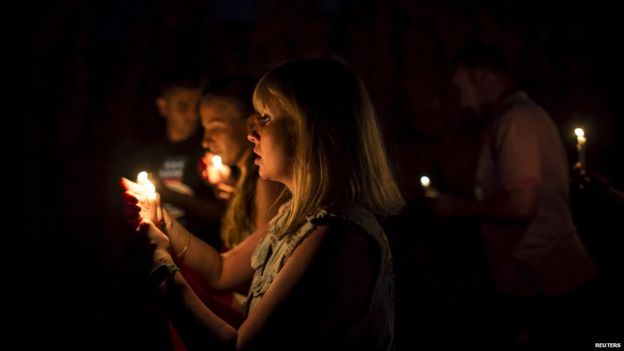
Tunisian investigators believe the suspected accomplices provided the Kalashnikov assault rifle to Rezgui and helped him get to the scene, Mr Ali Aroui told AP.
He added that police were questioning Rezgui's father and three roommates, although he did not say any of them were suspected of involvement in the attack.
Neighbours and relatives in Rezgui's hometown of Gaafour have been telling journalists at their shock over his actions.
"Who could imagine he would commit such a horror?" uncle Ali Rezgui told Reuters.
"Maybe he was changed where he studied, maybe it was something on the internet. But we just don't have any answers," he added.
Tunisian authorities say army reservists will be deployed to tourist sites and that around 80 mosques accused of inciting violence will be closed within a week.
Friday's attack was the deadliest in Tunisia's recent history. In March, militants killed 22 people, mainly foreigners, at the Bardo museum in the capital Tunis.

British victims
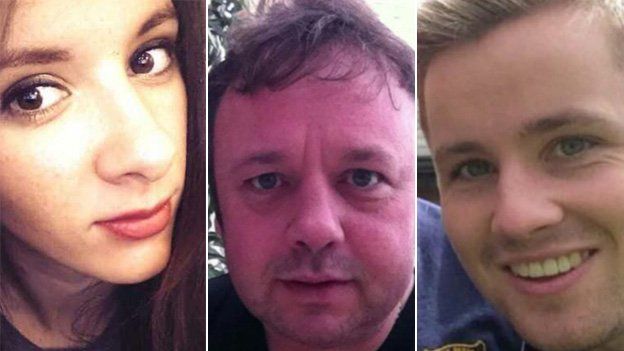
Among those so far confirmed dead by family or friends are:
- Carly Lovett, 24, a beauty blogger and photographer from Gainsborough in Lincolnshire
- Sue Davey and her partner Scott Chalkley, both in their 40s
- Adrian Evans, 44, from the West Midlands and his 22-year-old nephew Joel Richards

One Belgian and one German have so far been identified among the dead, the Tunisian health ministry said.
One citizen of the Irish Republic is also confirmed dead. There were also thought to be Tunisians killed in the attack.
At least 36 people were injured, some seriously.
Tunisia's economy relies on tourism, and there are fears that the recent attacks will deal a major blow to the industry.
Security officials said Rezgui, who posed as a swimmer but was carrying a rifle under a parasol, started shooting on the beach before entering the Hotel Imperial Marhaba, continuing to shoot.
The country has struggled to contain a growth in militant Islamist violence since the overthrow of long-serving ruler Zine al-Abidine Ben Ali in in 2011.
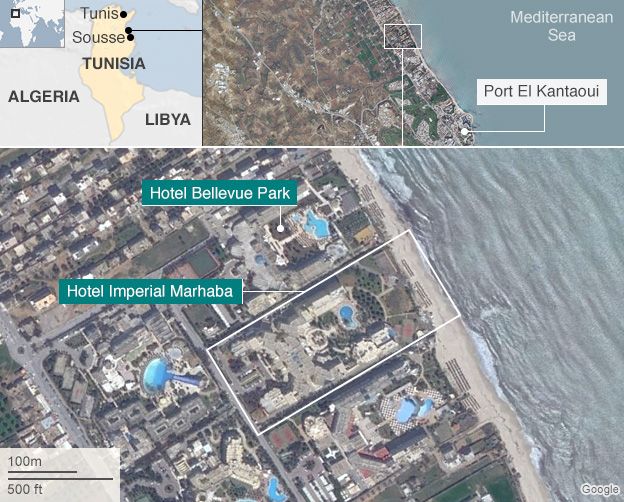
Tunisia's tourism industry
6.1 million
the number of tourist arrivals to Tunisia in 2014
- 15.2% the total contribution of travel and tourism to Tunisia's GDP
- 473,000 the number of jobs supported by travel and tourism (13.8% of total employment)
Getty Images

Have you taken part in the protests? You can share your experiences by emailing haveyoursay@bbc.co.uk. Please leave a contact number if you are happy to speak to a BBC journalist.
Or WhatsApp us on+44 7525 900971.
Or comment here:
- Tunisia gunman relatives 'horrified'
- Tunisia attack: The British victims
- Shot Welshman was 'human shield'
- Wife shouted 'help me, I've been shot'
- Tunisia, Kuwait and France: Are attacks connected?
- Did Islamic State direct Tunisia attack?
- France, Kuwait and Tunisia attacks: What we know
- Tunisia attacks: As it happened
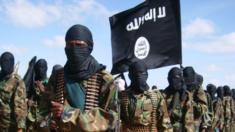
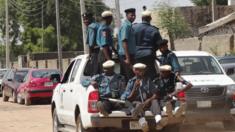
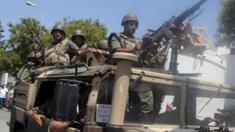






No comments:
Post a Comment
Please leave a comment-- or suggestions, particularly of topics and places you'd like to see covered